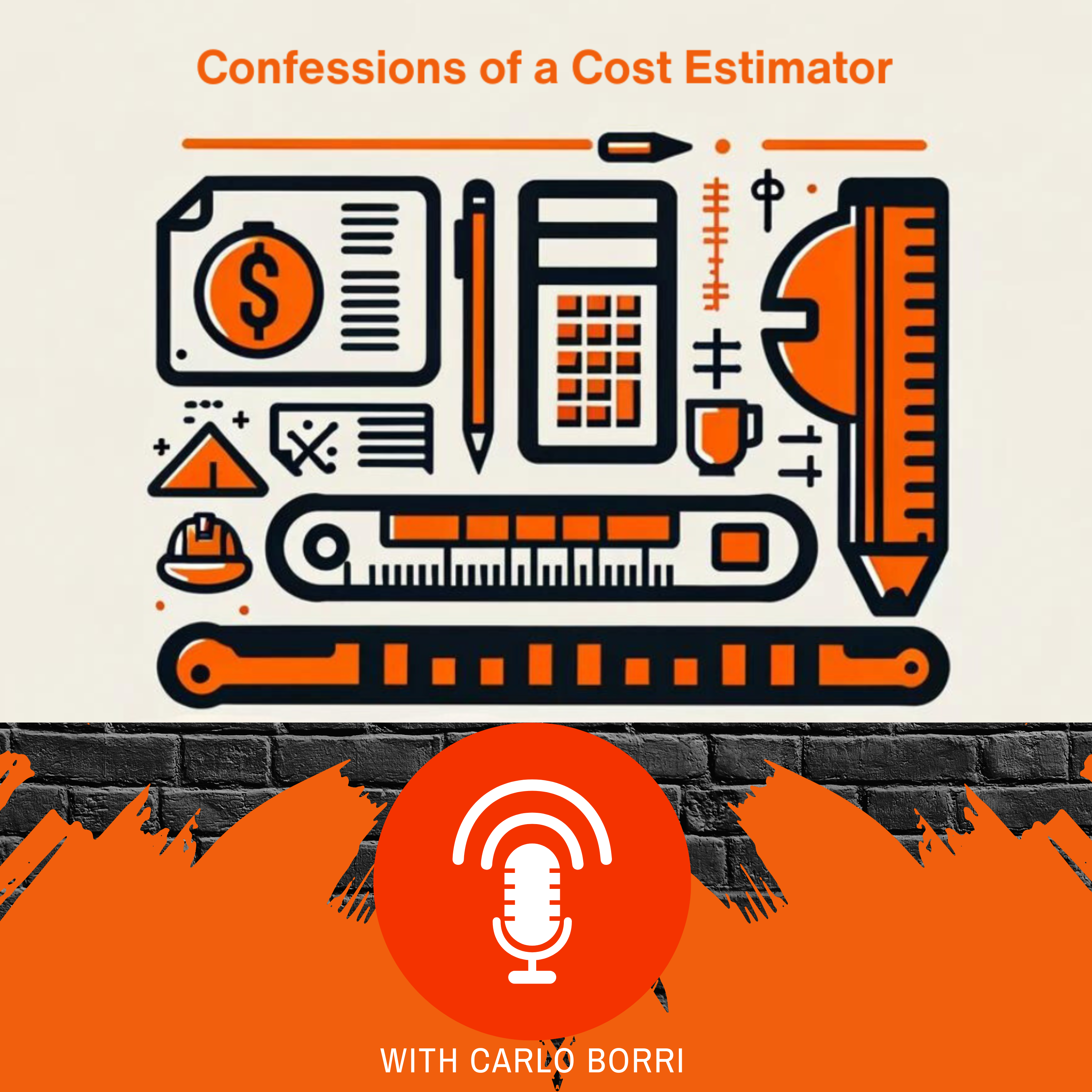Let’s be honest, folks: infrastructure projects and an optimistic budget often go together like peanut butter and something less ideal, like unexpected delays.
But why? Why do we consistently underestimate costs and wonder how we ended up in budget purgatory? Today, we unveil the culprit: the “Hope & Hype” Fallacy!

The Allure of Optimism:
We get it, and hope is a beautiful thing. It fuels innovation, drives progress, and makes us believe anything is possible. But in the infrastructure world, unbridled optimism can be a recipe for disaster (or, at least, a costly one).
Evidence of the Fallacy:
- A 2020 Flyvbjerg study found that 9 out of 10 mega-projects experience cost overruns, averaging 44.7%.
- The Standish Group reported that 71% of IT projects exceed their budgets, often due to overly optimistic planning.
The Biases at Play:
- Anchoring bias: We cling to initial estimates, even when evidence suggests they’re low.
- Optimism bias: We overestimate our ability to predict the future and underestimate risks.
- Planning fallacy: We must pay more attention to the time and effort required to complete tasks.
Breaking the Cycle:
So, how do we break free from the “Hope & Hype” shackles? Here’s a dose of reality-checking magic:
- Embrace data-driven planning: Ground your estimates on historical data and realistic assessments.
- Involve stakeholders early and often: Transparency fosters buy-in and helps manage expectations.
- Factor in contingency plans: Expect the unexpected and budget accordingly.
- Celebrate realistic wins: Progress doesn’t always have to be “over the moon” to be valuable.
Remember, it’s not about crushing hope but about channelling it wisely.
Have you encountered the “Hope & Hype” Fallacy in your work? Share your stories in the comments!
#Infrastructure #ProjectManagement #CostManagement #OptimismBias #LinkedIn #CostPlanning #Estimating #CivilsBites #CivilEngineering























+ There are no comments
Add yours